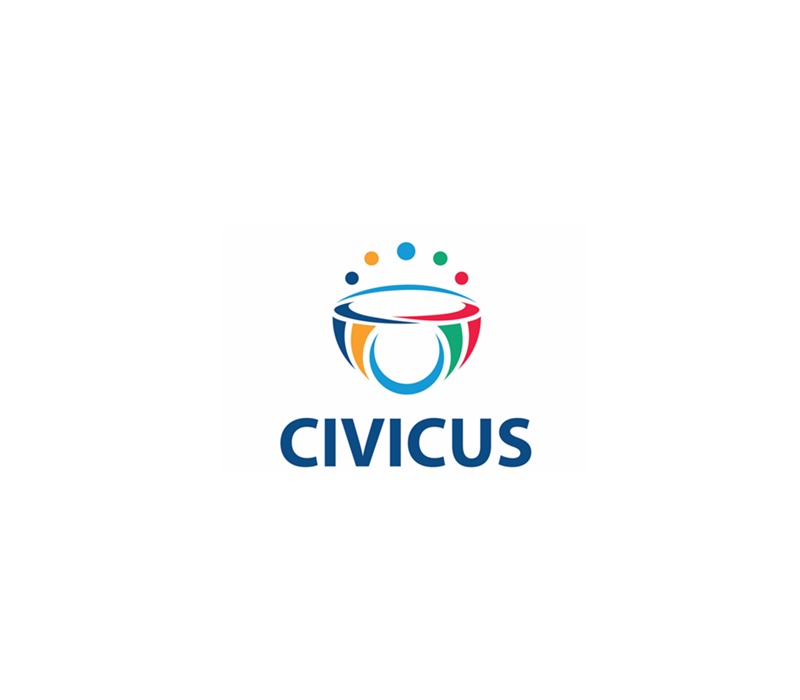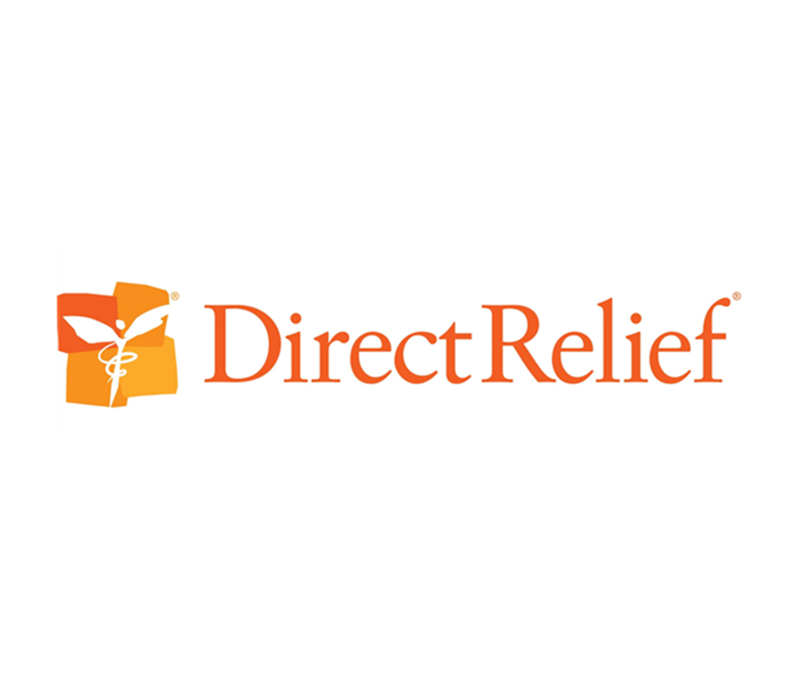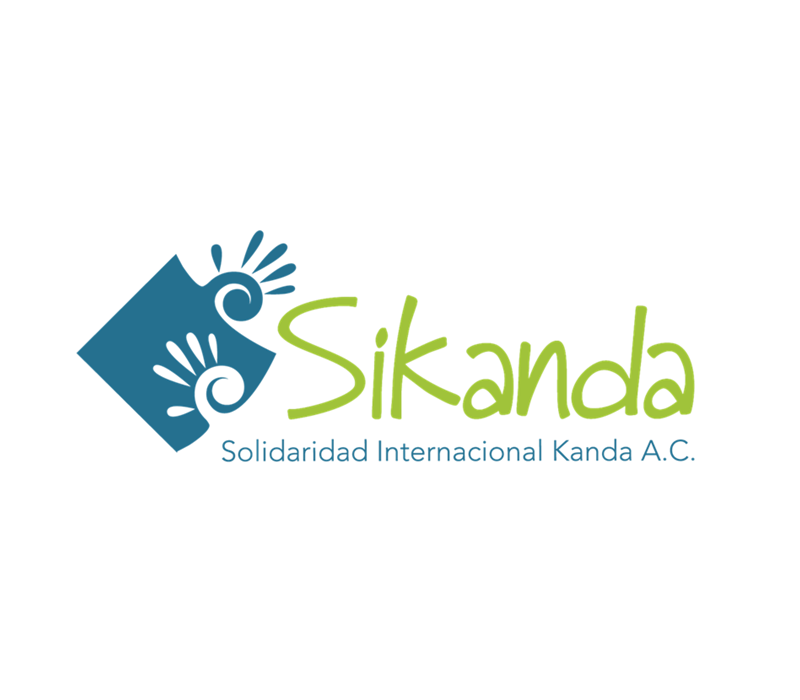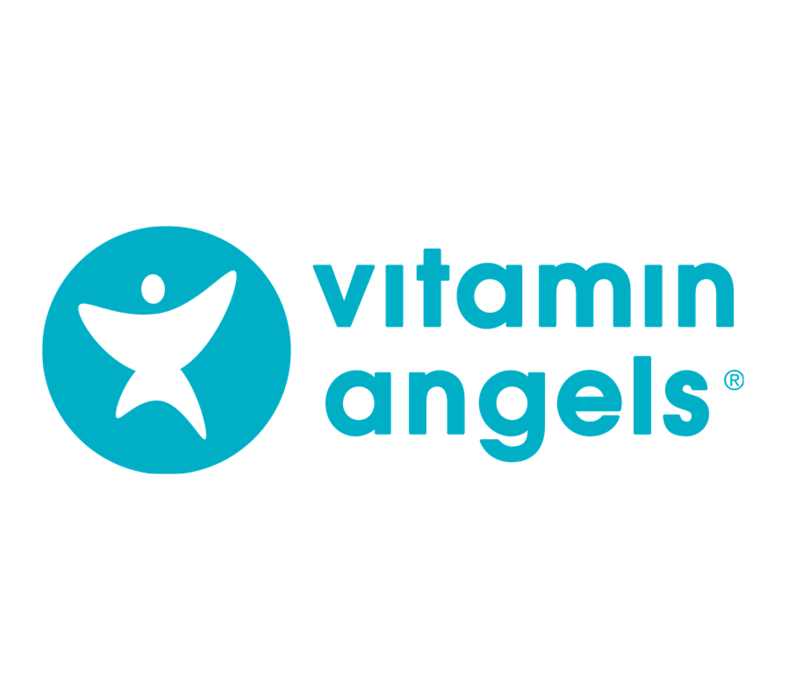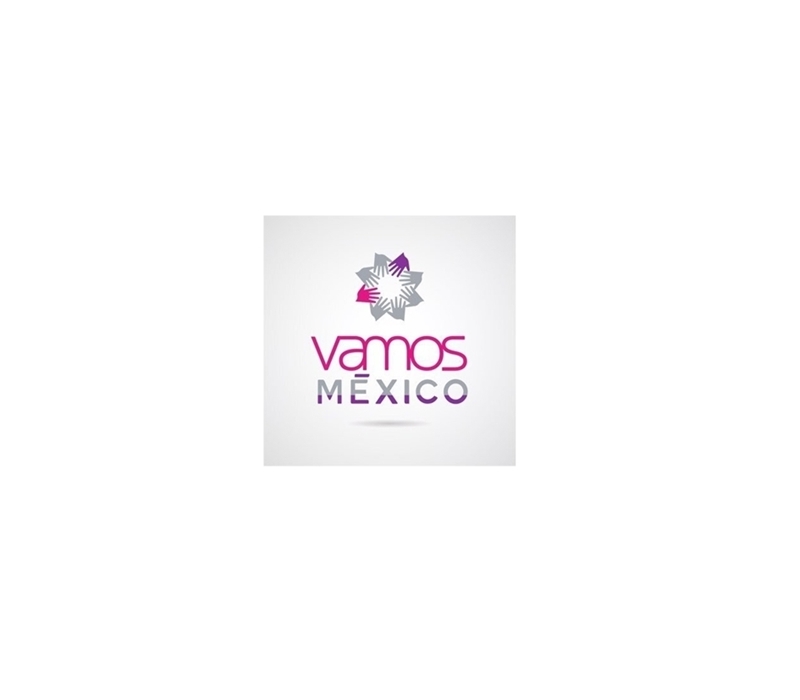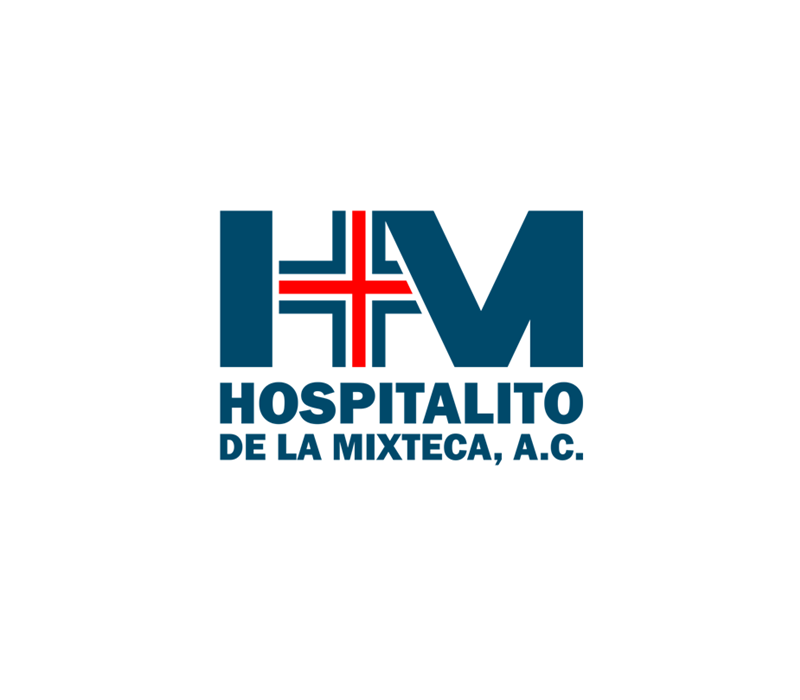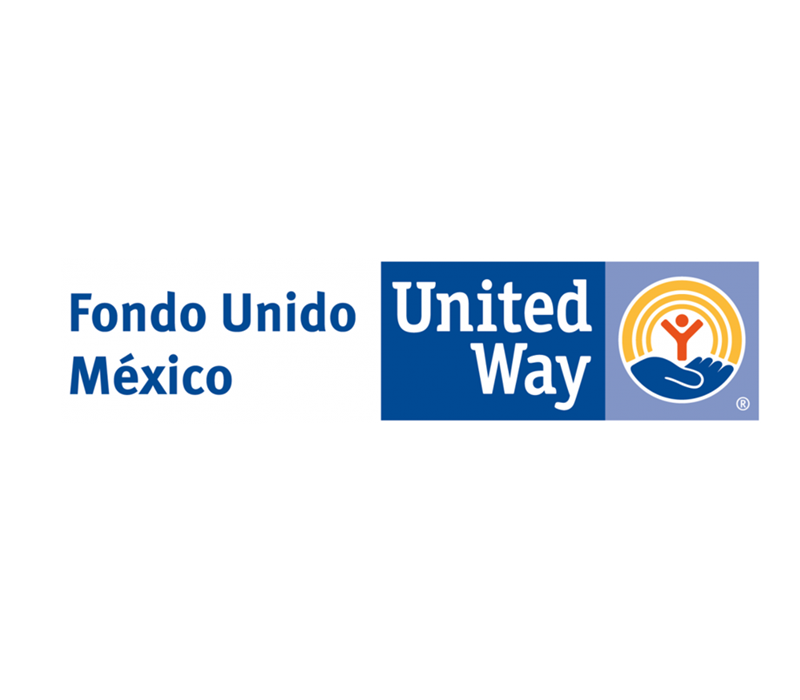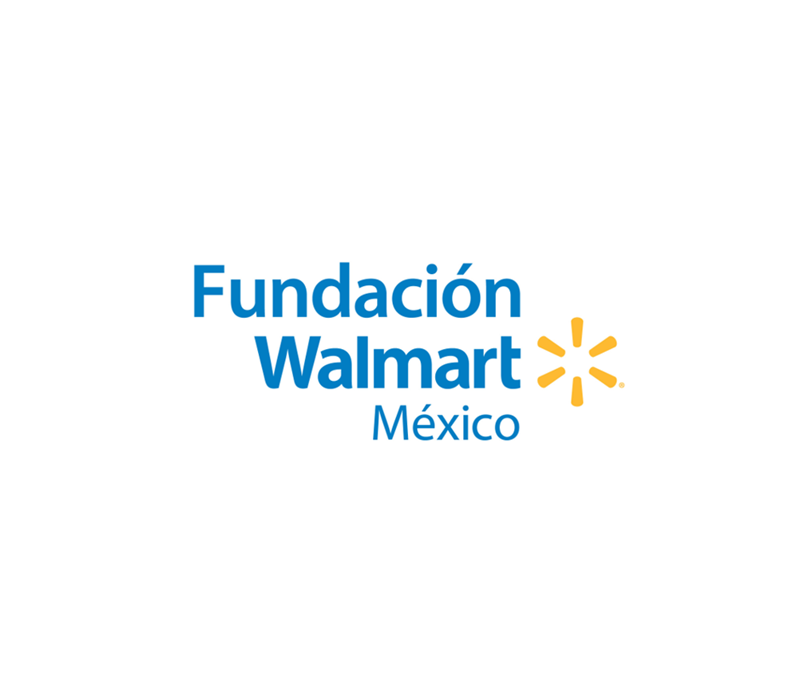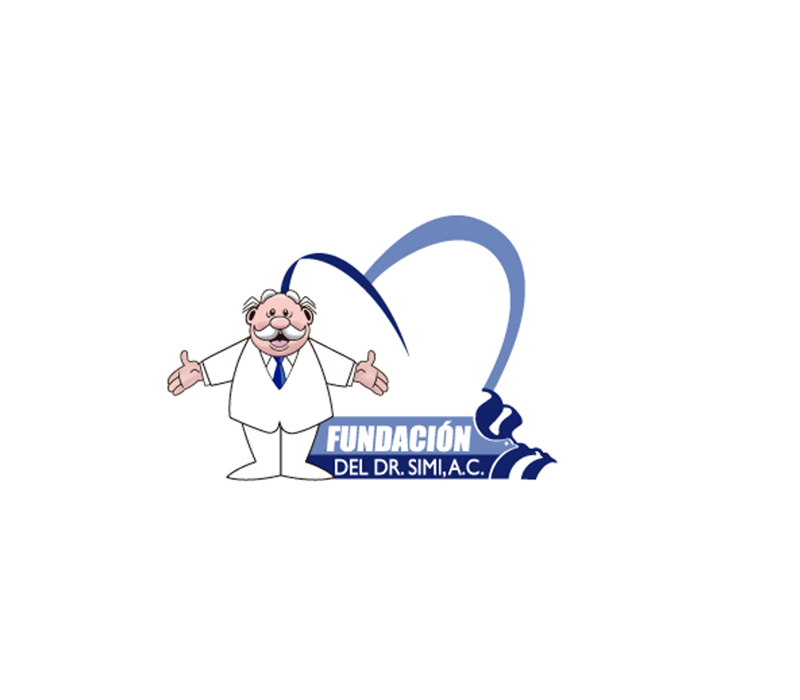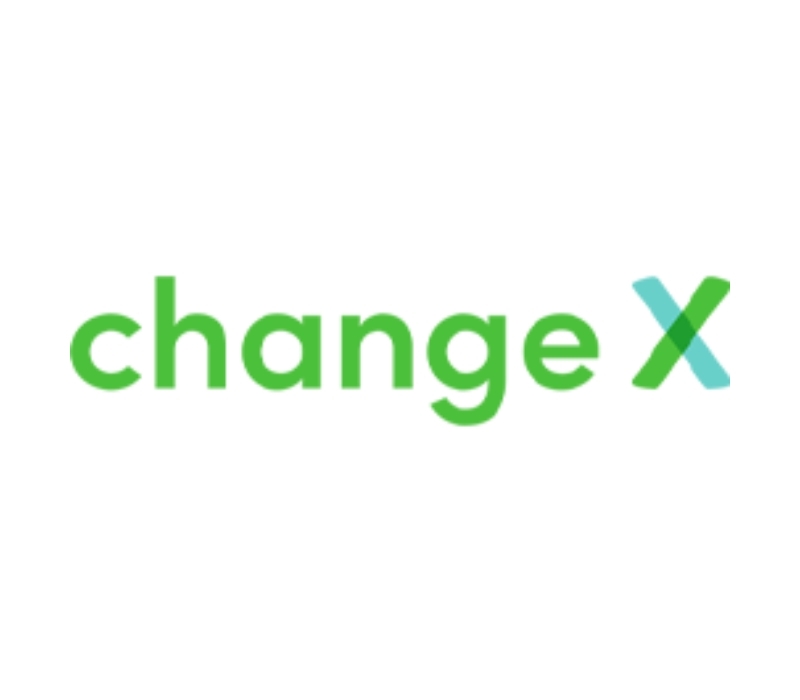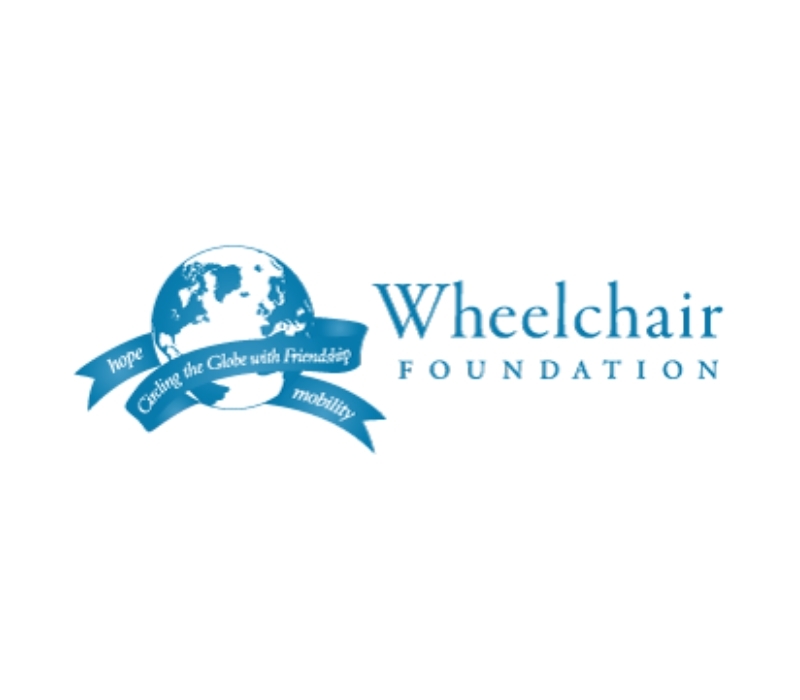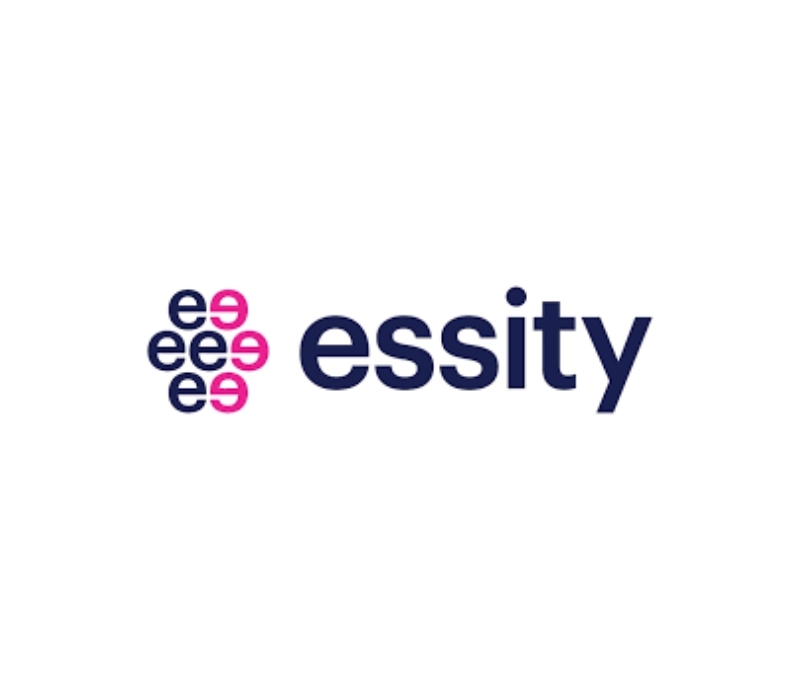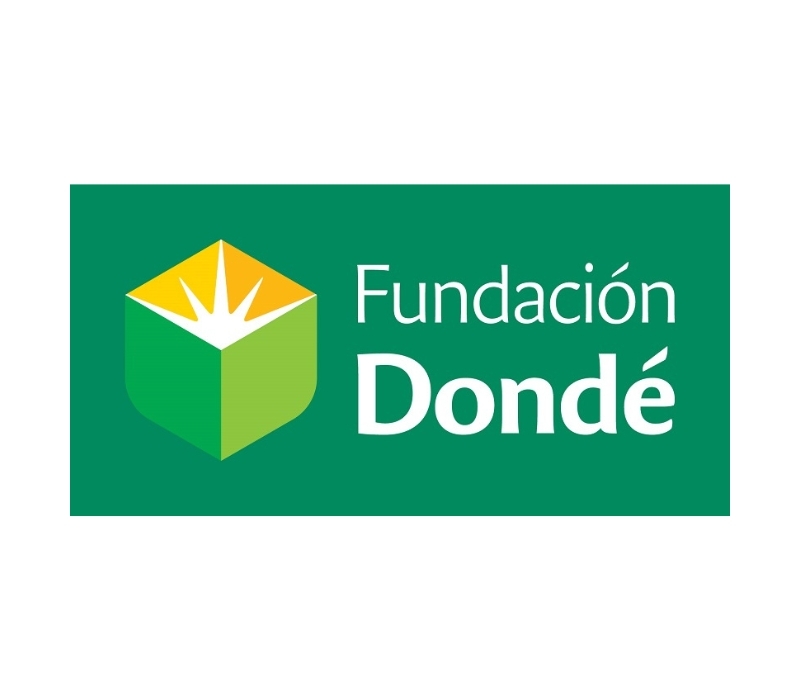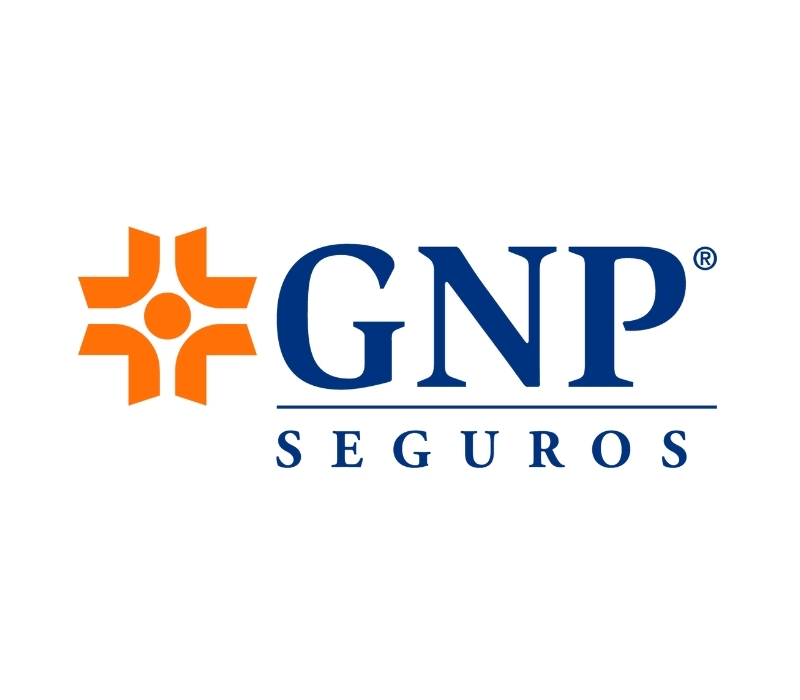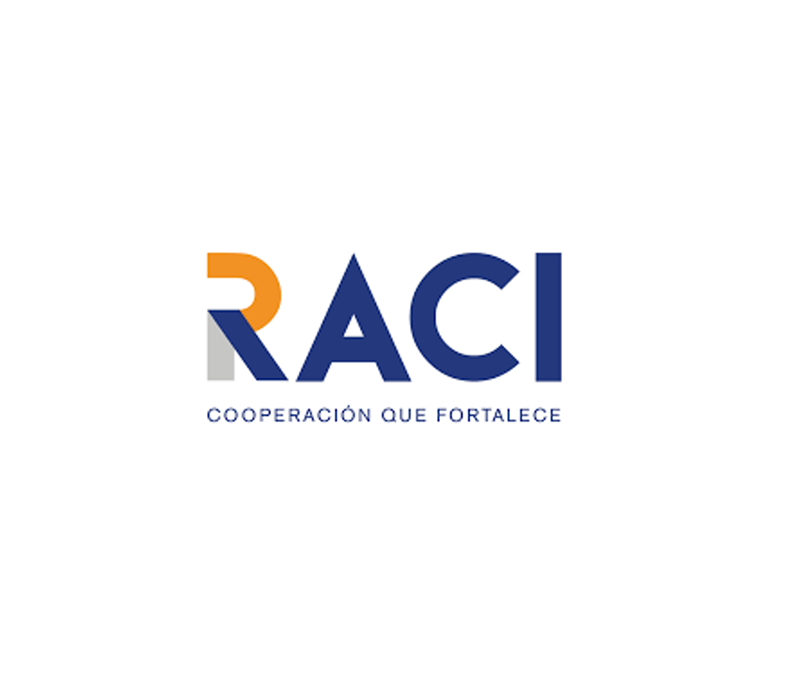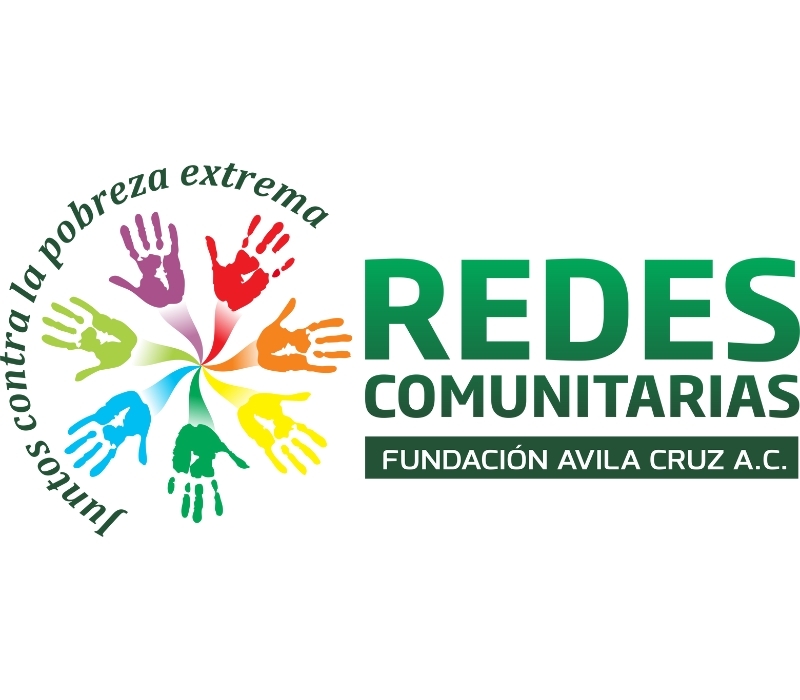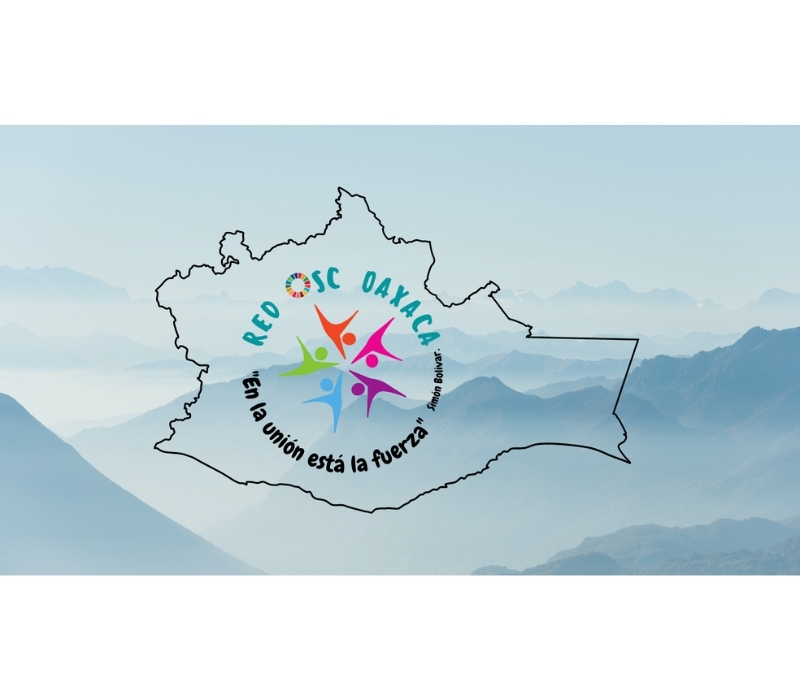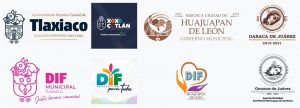

In the community of Joya Grande, a small indigenous town in the municipality of the Heroic City of Tlaxiaco, Oaxaca, the four siblings Edgar, César, Laura and Armando were born.
Our childhood was a reflection of challenges and values, with days of fetching water, working in the fields and studying under the light of an ocote tree. At that time, we were part of a community of just 189 inhabitants who were struggling to get ahead. While our mother dedicated herself to taking care of the home, our father, as a teacher of indigenous education, instilled in us the value of work and education as tools to transform our future.
Despite the adversities, our commitment to education was unwavering. After years of effort, we managed to complete our professional careers: Edgar and César became lawyers, Laura a dentist and Armando a public accountant.
In 2013, we founded Fundación Ávila Cruz, A.C., an organization created to contribute to sustainable community development and the reduction of extreme poverty in indigenous communities in Mexico. Inspired by our experiences, we designed a comprehensive intervention model based on five strategic axes.
Today, after a decade of work, we continue to honor our roots and build a more just and equitable future for the indigenous communities of Mexico. Our commitment is to be a bridge between dreams and reality, bringing hope and development where it is most needed.
We work in the southern states of Mexico due to the degree of state marginalization (very high) and the results of the measurement of multidimensional poverty in Mexico (extreme poverty line by income, social deprivations and the territorial context).
In 2020, the federal entities with the highest percentage of the population in extreme poverty are Chiapas (29%), Guerrero (25.5%) and Oaxaca (20.6), CONEVAL.
In 2020, the municipalities with the highest percentage of the population living in extreme poverty were located in the entities of Oaxaca, Chiapas and Guerrero, CONEVAL.
Likewise, the results in 2020, the highest concentration of poverty is located in the regions that have historically registered the greatest social lags: Nayar, Tarahumara, Altos de Chiapas and the Mixteca de (Oaxaca, Puebla and Guerrero), CONEVAL.
We are headquartered in the municipality of the Heroic City of Tlaxiaco in the Mixteca region of the State of Oaxaca, Mexico.


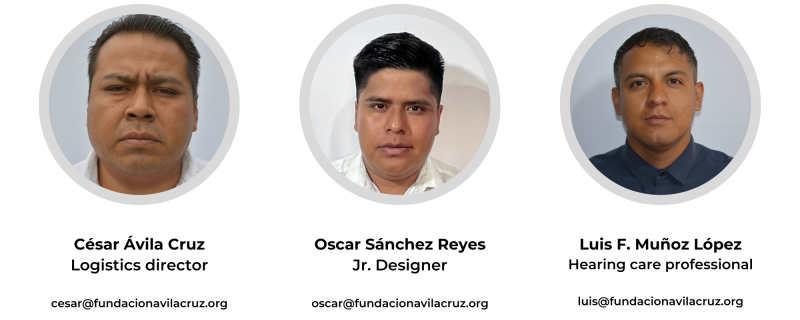
Fundación Ávila Cruz AC, was founded in 2013 as a secular, non-partisan and non-profit Mexican Civil Society Organization (OSC) with the commitment to manage and implement participatory, inclusive and sustainable community development projects in communities indigenous people in situations of extreme poverty for social well-being.
We have the authorization of the Tax Administration Service (SAT) to receive tax-deductible donations in Mexico and abroad, in terms of the Income Tax Law and with the Accreditation in Institutionality and Transparency (AIT) by the Mexican Center for Philanthropy, A. C. (CEMEFI), at the optimal level.
Contribute to reducing extreme poverty in Mexico’s indigenous communities and vulnerable groups through comprehensive initiatives such as training, sustainable community development, food security, access to healthcare and inclusion of people with disabilities, assistance in the event of natural disasters, and cultural promotion to improve living conditions, transform realities, and generate comprehensive well-being.
To be a leading organization in promoting social inclusion and the comprehensive development of people living in indigenous communities and vulnerable groups in Mexico, generating equitable and sustainable opportunities to improve their quality of life.
Inclusion:
Ensure the active and equitable participation of all sectors of the community, especially the most vulnerable groups.
Equity:
Promote social justice and equal access to resources and opportunities.
Sustainability:
Implement practices that ensure long-term development, respecting the environment and future generations.
Community participation:
Promote the active involvement of communities in the planning, execution and evaluation of projects.
Innovation:
Constantly seek creative and effective solutions to face challenges in indigenous communities.
Respect for cultural diversity:
Value and preserve indigenous traditions, customs and knowledge.
Transparency:
Act with clarity and responsibility in the management of resources and in the communication of results.
Solidarity:
Work with empathy and commitment towards collective well-being.
Empowerment:
Train and strengthen local capacities to promote self-management and community leadership.
Resilience:
Develop the capacity of communities to adapt and overcome adverse situations, including natural disasters and emergencies.
|
|
Strengthen capacities and promote community well-being
Develop community capacities and strengthen the social fabric through training processes, legal advice, psychosocial guidance, and participatory support that promote self-management, the full exercise of rights, and local leadership in indigenous communities living in extreme poverty.
Ensure food and nutritional security
Guarantee access to adequate and culturally relevant food through the distribution of safe food, the strengthening of family and community gardens, intercultural nutrition education, and the recovery of traditional food knowledge, prioritizing early childhood and women of childbearing age.
Promote community health and well-being
Expand equitable access to primary healthcare, drinking water, and basic sanitation through the implementation of community healthcare services, eco-technologies for water and sanitation, as well as prevention campaigns, health promotion, hearing health, and self-care education.
Respond to natural disasters
Strengthen community resilience to natural disasters and emergencies through preparation, response, and recovery from adverse events, through inter-institutional coordination, access to essential services, and the formation of community brigades focused on prevention and response.
Preserve and promote cultural identity
Protect, revitalize, and promote the cultural identity of indigenous peoples through educational, artistic, and intergenerational transmission activities that recognize, value, and disseminate cultural practices, ancestral knowledge, and the mother tongue as fundamental elements for social cohesion and development with identity.
We intervene based on conceptual approaches that in turn help us define the changes that we seek to achieve together with the subjects of rights, through Management for Development Results (MfDR), the Human Rights-Based Approach (EBDH), the Model of Sustainable Community Development, Logical Framework, Theory of Change and contributes to the achievement of the Sustainable Development Goals (SDG) of the 2030 Agenda.

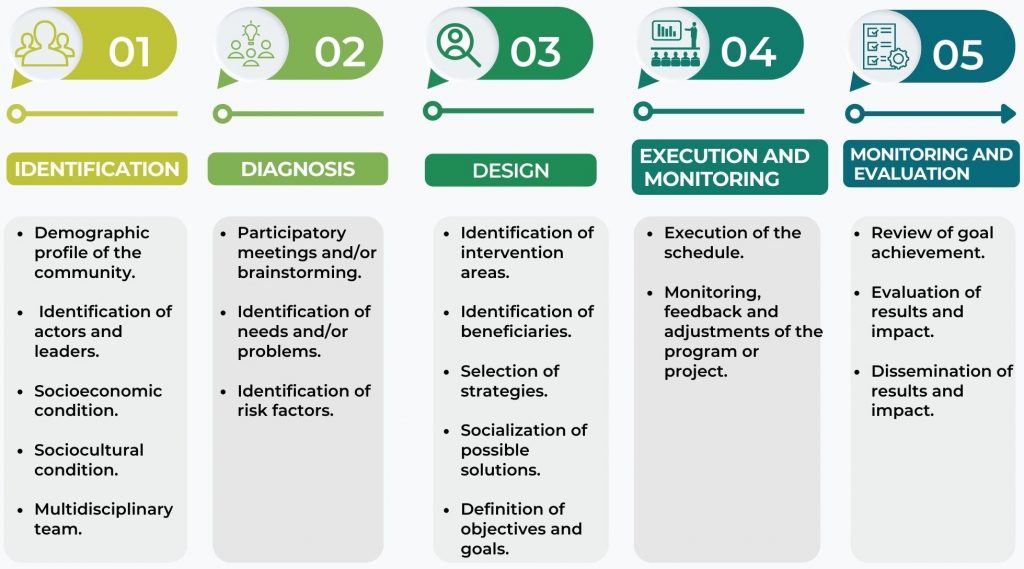




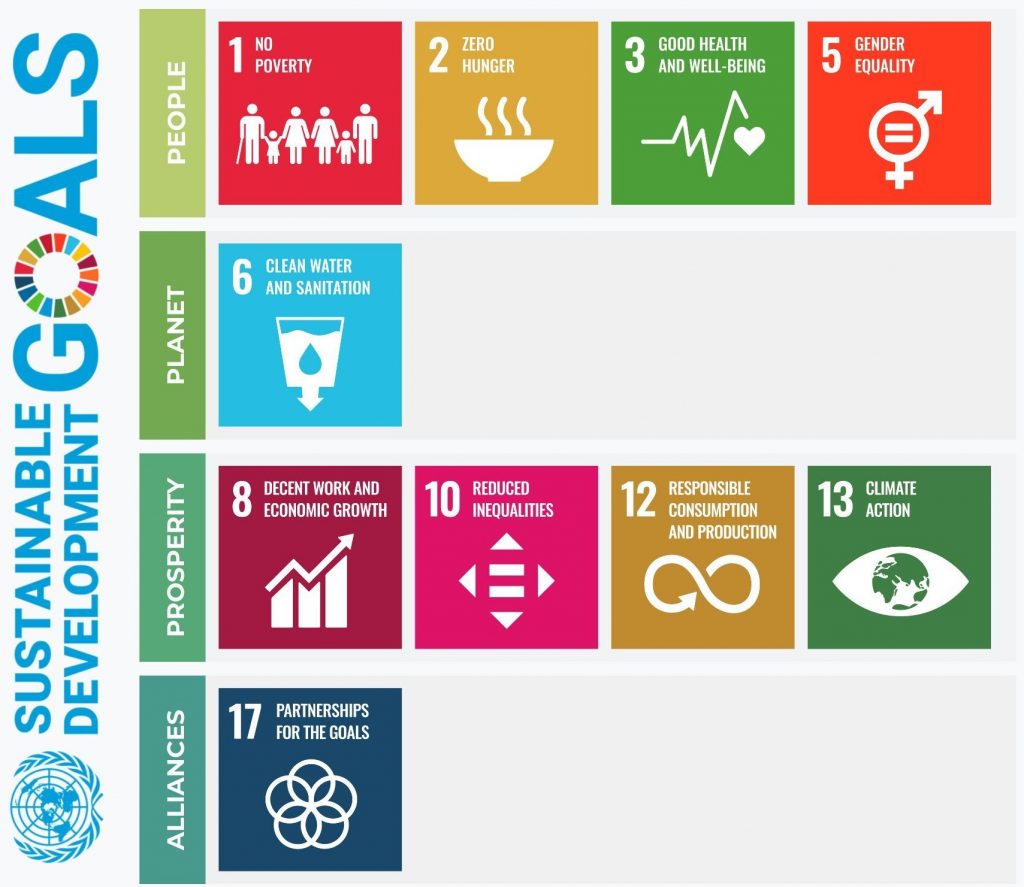
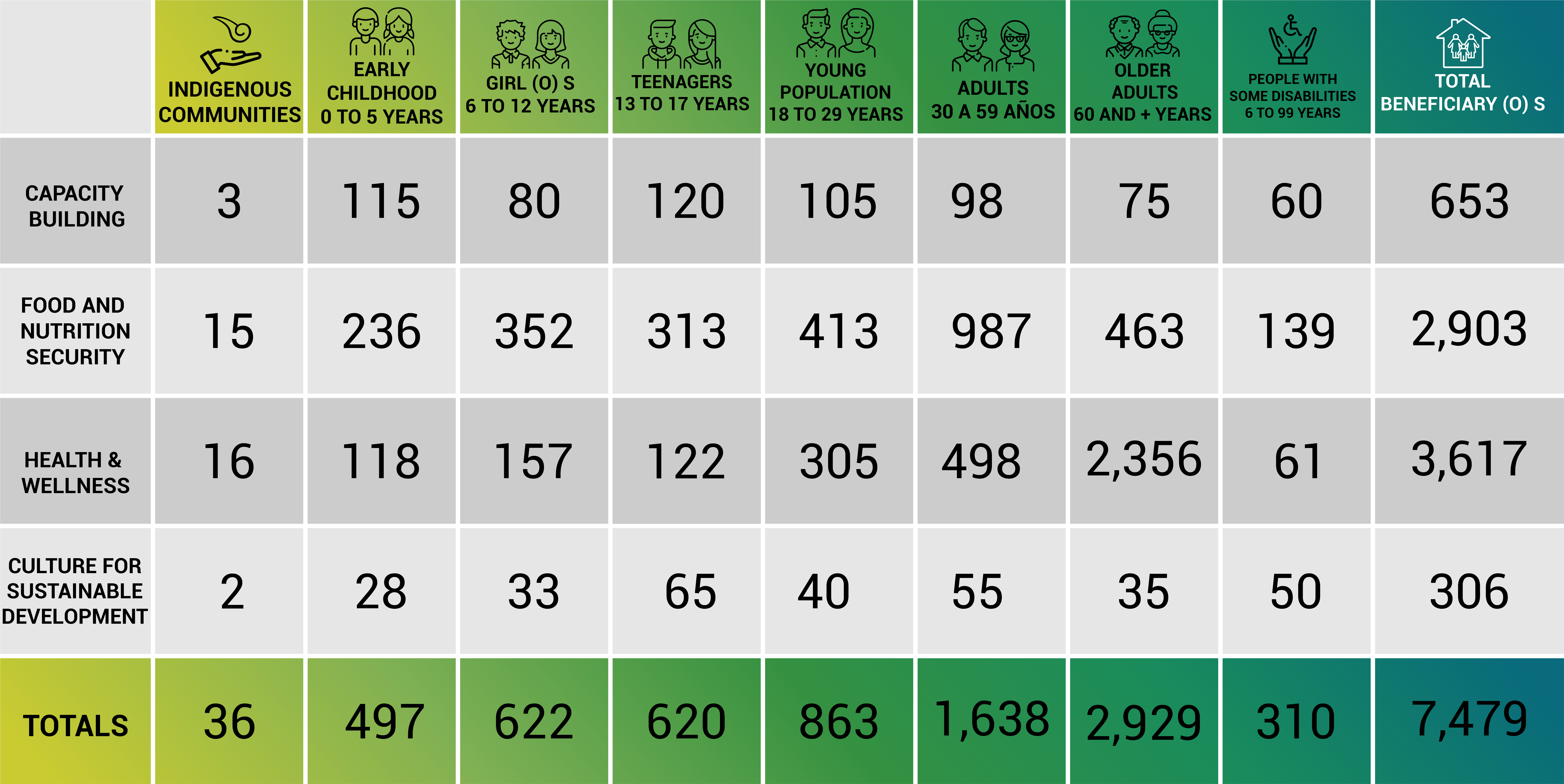
The 2025–2030 Strategic Plan constitutes the roadmap that will guide the work of Fundación Ávila Cruz, A. C., during the next five years in its commitment to reduce extreme poverty and promote comprehensive development in indigenous communities in Mexico.
This plan was developed in a participatory manner with the valuable collaboration of the founding partners, the operational team, community leaders and committees, as well as the rights holders themselves. The active inclusion of these stakeholders ensures that actions are aligned with the real needs, local knowledge, and collective aspirations of the communities.
Throughout this period, a continuous monitoring, evaluation, and learning system will be implemented, which will allow for:
The results of the periodic evaluations will be shared with all stakeholders, thus strengthening a culture of continuous improvement, co-responsibility, and sustainability.
The plan is organized around five strategic axes of action that articulate a comprehensive, systemic, and rights-based approach:
Through this strategic framework, Fundación Ávila Cruz, A.C., reaffirms its mission to transform realities, dignify lives, and build more just, healthy, and resilient communities.
